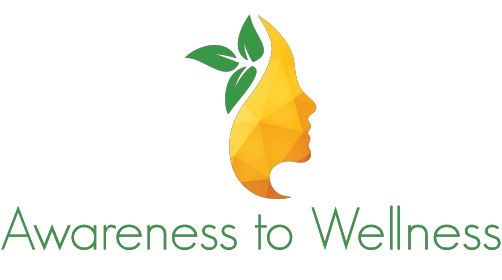Emotional triggers can lead to significant personal transformation if managed well. Learning how to manage emotional responses not only empowers you but also enhances mental health and emotional well-being. Fortunately, many effective strategies require little investment but offer high impact.
Let’s explore these simple yet powerful tools for managing emotional triggers:
1. Journaling for Self-Reflection
One of the most effective tools for self-reflection is journaling. It requires only a notebook and a pen, but its benefits for mental clarity and emotional regulation are profound. Choose a notebook that inspires you—something with a design that makes you eager to use it daily.
Journaling provides a safe space for honest reflection, where you can process thoughts and emotions in a structured way. This practice is highly beneficial for recognizing emotional patterns and understanding your triggers.
2. Setting Healthy Boundaries
Setting boundaries is essential for maintaining healthy relationships, whether personal or professional. Each relationship is unique, and so should the boundaries be—whether rigid, flexible, or permeable.
By establishing emotional, social, and professional boundaries, you protect your mental and emotional health while fostering healthy interactions. Proper boundary setting helps prevent emotional overload and burnout.
3. Writing Letters to Your Triggered Self
This practice combines self-compassion and emotional regulation. Writing a letter to yourself when you are feeling triggered helps validate your emotions while reinforcing your strength and resilience. This exercise can be a powerful way to process intense feelings, helping you regain emotional balance.
4. Meditation for Emotional Resilience
Meditation is a proven method for reducing stress and managing emotional triggers. Regular meditation practice helps you stay grounded, enhances self-awareness, and builds emotional resilience.
Even a few minutes a day can help bring balance to your life, making it easier to navigate challenging emotional situations.
5. Pursuing Hobbies for Emotional Balance
Engaging in creative activities such as painting, writing, or gardening can be therapeutic outlets for processing emotions. Hobbies offer a productive way to channel emotional energy, enhance self-esteem, and provide a sense of accomplishment.
They are a positive way to regain control of emotional states and foster personal growth.
6. Seeking Professional Support for Lasting Change
Therapy can accelerate your progress in managing triggers and developing healthy coping mechanisms. While therapy might seem like a significant commitment, working with a professional can prevent the long-term emotional toll of unresolved issues.
A skilled therapist can help you navigate complex emotions, explore your inner child, and apply cognitive strategies like CBT and REBT for deeper healing.
Start small, stay consistent, and watch as these strategies transform your emotional well-being and overall quality of life. Your personal growth journey begins with understanding and mastering your triggers.
